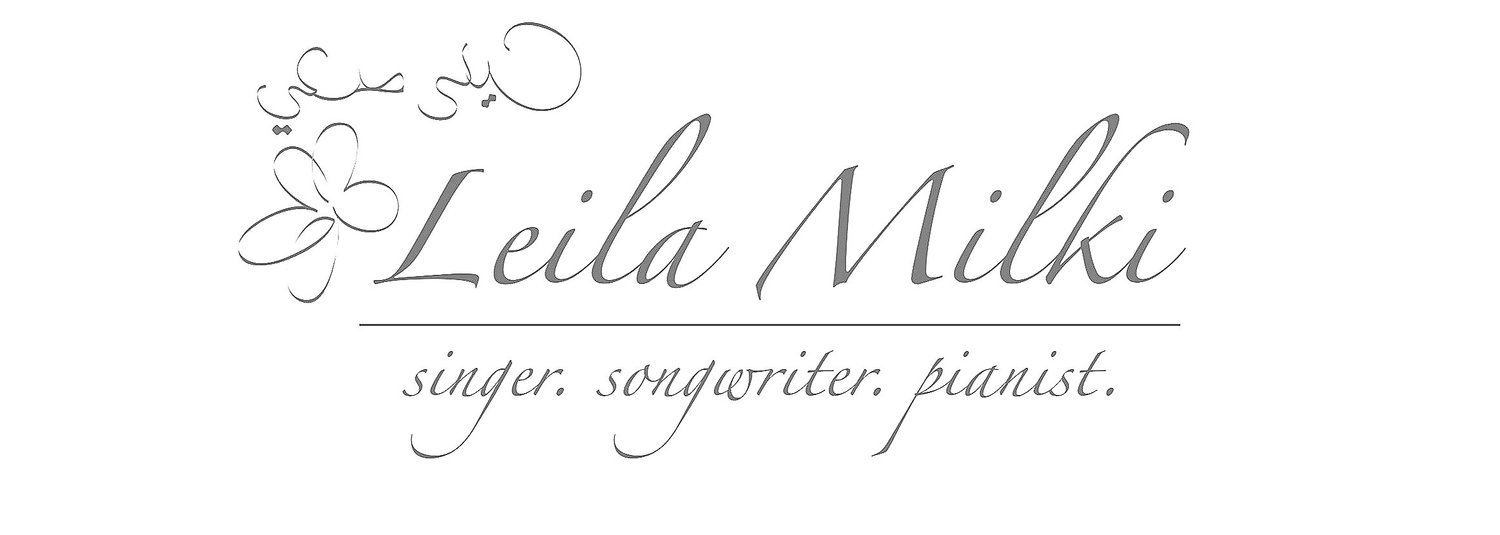Today I celebrate the freedom and privilege of owning and expressing my femininity, in a system that has taught many of us to minimize ourselves in the name of shame and peace-keeping.
I celebrate a newfound gratitude for my roots, and the generations of Arab women in my family who’ve gifted me their resilience, humility, goofiness, and unquestioned devotion - the very tools with which I am able to navigate + deepen my independence in a new world. 🌹
I celebrate the magnificent power behind pursuing a career in the arts, and the courage of the most marginalized voices who embody subversion over subservience - knowing that this visibility comes with tremendous sacrifice. Theirs has pushed me to grow, and must be protected/cherished daily.
I celebrate the stunningly inspiring, heart-giving, BRILLIANT, and uplifting women in my life who spark endless joy and love to everyone around them. ♥️
Happy International Women’s Day, today and every day!!
"Fall Asleep" - for the daughters of immigrants whose dual-identity balancing act often intensifies our sense of safety within our own skin. And for those of us who've been caught in the vulnerable dance between the familiar, and the pull towards something greater. It's a terrifying limbo, but all the more worthwhile: daring to indulge those glimmers of freedom beyond our daydreams, when we've been taught to place the world's comfort over our own.
“Verily all things move within your being in constant half embrace, the desired and the dreaded, the repugnant and the cherished, the pursued and that which you would escape. These things move within you as lights and shadows in pairs that cling..." - Khalil Gibran, On Freedom



